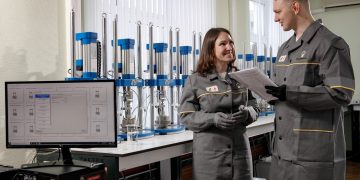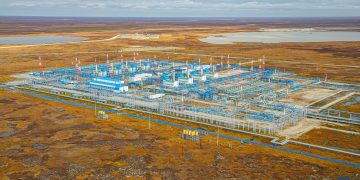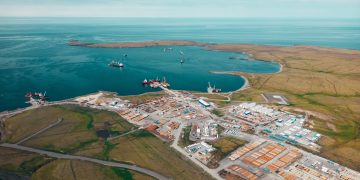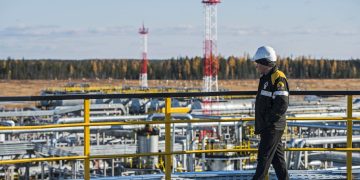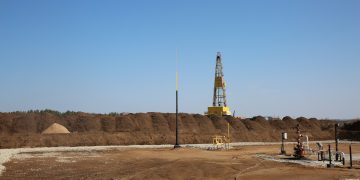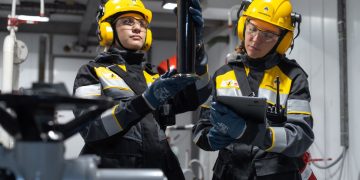Rosneft: Ecologists Discussed Strategic Goals in the Field of Environmental Protection and Carbon Management
Rosneft held the VIII Corporate Congress of Ecologists. The event was attended by top managers, heads of departments and specialists in the field of environmental protection of the Company and more than 200 subsidiaries, as well as representatives of Rosneft’s foreign partners – Equinor and BP.
Welcoming the participants of the event, Brian McLeod, Vice President for Industrial Safety, Labor Protection and Ecology of NK Rosneft, noted the priority of issues on the environmental and climate agenda, as well as the leading role of Rosneft in addressing key tasks of the oil and gas industry during the global energy transition.
The central themes of the congress were the results of the implementation of the Rosneft-2022 Strategy in terms of environmental protection, as well as the discussion of the Concept of the Company’s environmental development until 2035. The concept combines three priority areas: carbon management, biodiversity conservation and environmental protection.
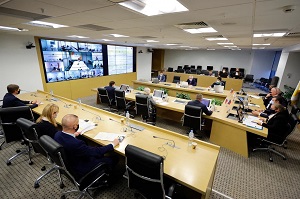 Of particular interest was the speeches of representatives of various business units of Rosneft and BP on decarbonization, climate change and energy transition. In February 2021, Rosneft and BP agreed to cooperate on sustainable development and carbon management. The interaction includes an assessment of the prospects for the implementation of new low-carbon projects, the use of technologies for capturing and storing CO2, as well as the development of a hydrogen business and the development of fuels with improved environmental characteristics.
Of particular interest was the speeches of representatives of various business units of Rosneft and BP on decarbonization, climate change and energy transition. In February 2021, Rosneft and BP agreed to cooperate on sustainable development and carbon management. The interaction includes an assessment of the prospects for the implementation of new low-carbon projects, the use of technologies for capturing and storing CO2, as well as the development of a hydrogen business and the development of fuels with improved environmental characteristics.
The participants of the environmental congress were also presented with the results of the implementation of projects within the framework of the international “Methane Initiative” *. Rosneft is implementing a comprehensive program to improve production processes and initiatives to reduce methane emissions. The expansion of this program, as well as the introduction of innovative technologies, will help reduce the intensity of methane emissions to a target level of less than 0.25%.
Unmanned aerial vehicle scanning is used to reduce methane emissions in the transportation system. Drones are widely used in a number of Rosneft subsidiaries, in particular, at Samotlorneftegaz and RN-Krasnodarneftegaz facilities. The use of drones increases the efficiency and accuracy in identifying problem areas in the low temperatures of the Far North.
Among the topics discussed were also waste management processes and opportunities for their rational use, biodiversity conservation. As part of the ESG agenda, a discussion was held on the implementation of the principles of a circular economy, during which Equinor representatives shared their experience in this area.


